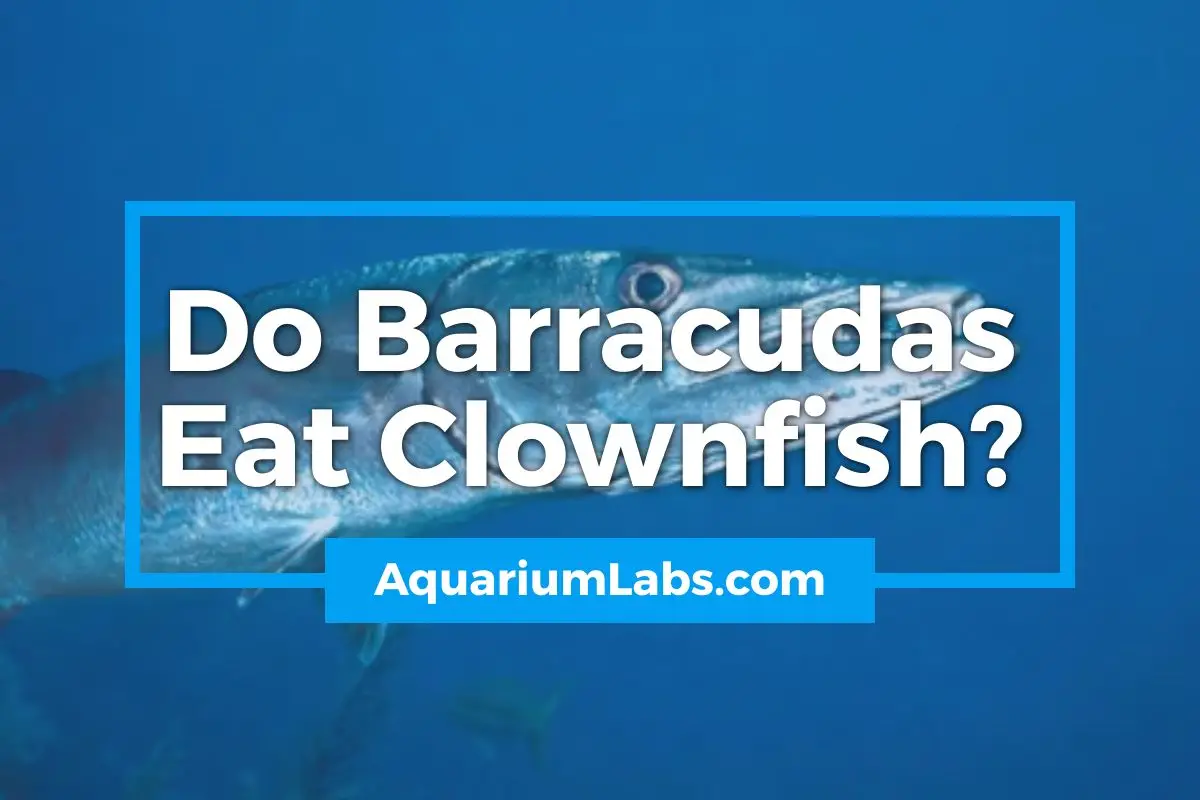Many fish lovers and even new hobbyists think barracudas eat clownfish. Some also have the imagination that barracudas eat their eggs too. And all this misconception is a result of Hollywood’s inaccurate depiction of marine life habits in the movie; Finding Nemo.
The film has got many things wrong about barracudas and even the reproductive patterns of clownfish.
Here is an accurate piece that answers the question, Do barracudas eat clownfish?. It also discusses other important questions about clownfish and how they feel about their eggs in real life.
Do Barracudas Eat Clownfish?
Contrary to what you saw in the movie Finding Nemo, Barracudas will rarely eat clownfish or any other small fish, for that matter. They are less likely to eat clownfish because they typically eat larger fish.
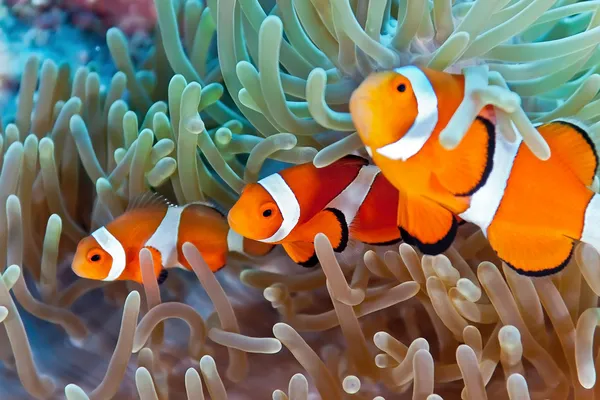
Another reason barracudas will rarely eat clownfish is the difference in their habitat, even though they are both saltwater fish. Barracudas are long and tubular fish with a pointed snout that has two rows of teeth, and they generally live in open waters at a depth of about 325 feet.
Unlike barracudas, clownfish live in coral reefs. You will usually find them housed in a sea anemone (bubble tip anemone, for instance, is popular for fishkeepers). The difference in the depths where they live is more than a hundred feet, as most corals reefs are usually shallower than 150 feet.
This difference in habitat depth makes it highly unlikely that clownfish will suffer a barracuda attack.
What Do Barracudas Eat?
Barracudas, also known as cudas, are large, predatory, and ray-finned fish famous for their awful temperaments and scary looks. There are about 26 species of this fish type, and their size varies due to various conditions. They are usually about six feet to eight feet, and some species have the tendency can reach almost one hundred pounds.
Barracudas Typically Eat Larger Fish
They eat large fish because they can do so effortlessly with the large spaces in their teeth and sharp teeth. These useful eating tools help barracudas feed on their prey by chopping them in half. Barracudas hunt bigger prey like killifishes, tunas, jacks, snappers, herrings, mullets, grunts, mackerel, anchovies, etc.
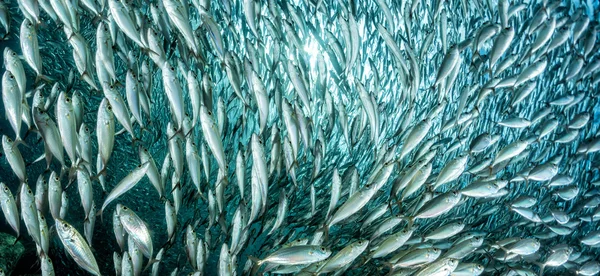
You can find barracudas in tropical and subtropical oceans worldwide, ranging from the Atlantic oceans’ eastern border to the tropical areas of the Indian and Pacific Oceans.
Can Barracudas Eat Fish Eggs?
No, barracudas don’t eat clownfish eggs or other fish eggs. They are carnivores interested in eating large fish of various sizes and shapes. They prefer sizeable live prey. They enjoy fatty fish like tuna and mackerel the most and won’t trade them for fish eggs.
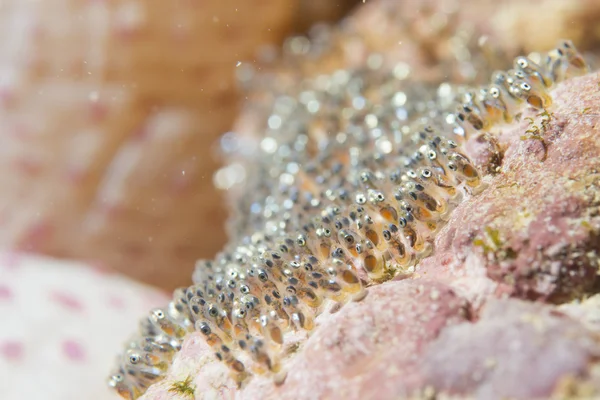
Also, clownfish typically lay their eggs right where they live. They usually clean a small spot on a rock or two around where they spend a significant portion of their time. It is on this clean spot that the female clownfish lays her eggs.
No matter how many eggs she lays, you can be sure that there will be no barracuda attacks on the clownfish eggs. This is where Hollywood got it wrong by portraying that barracudas eat fish eggs and even clownfish, as suggested at the beginning of the film, where Nemo’s mother is eaten along with all his future brothers and sisters.
Do Barracudas Eat Humans?
Unlike the rumors and speculations that all big fish are man-eaters and aggressive, barracudas prove them wrong. While it is true that they will attack humans, they don’t eat humans.
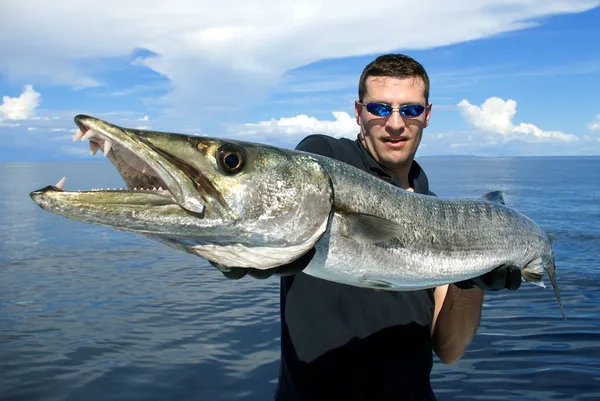
Also, the attack is usually not intentional on their part. For instance, barracudas will attack divers or swimmers with any reflective object because they are curious and attracted to shiny objects.
They are scavengers (feed on the remains of other predators) that can mistake snorkelers for large predators and follow them in the hope of consuming the remaining prey leftover by such predators. These attacks are seldom and rarely severe incidents.
Even though they charge against humans, they won’t bite unless they mistake a shiny object you have on for fish. They are intelligent enough to stop biting once they realize that the shiny thing isn’t a fish. Their big teeth will surely damage a human’s skin once bitten.
Humans can swim with barracudas without problem after ensuring that they have no shiny objects before jumping into the water. Some species of barracudas are dangerous to humans, mainly because of their poor eye judgment. They see what is not as if it is (mistaking humans to be large predators or sharp objects to be prey).
The concern should be the other way round. Humans are the ones who go after barracudas and eat them as food. Also, they are targets of sport-fishing enthusiasts.
What Do Clownfish Eat?
Clownfish are omnivores that enjoy different food sources from the ocean. While they capture some foods on their own, they get others from their symbiotic relationship with sea anemones.
Clownfish Eat Aquatic Plants
Clownfish relish aquatic plants. Among their staple food is the algae. And phytoplankton is a great type of algae that clownfish love to eat. Although some phytoplanktons are bacteria and protists, many are single-celled plants that depend on photosynthesis for energy.
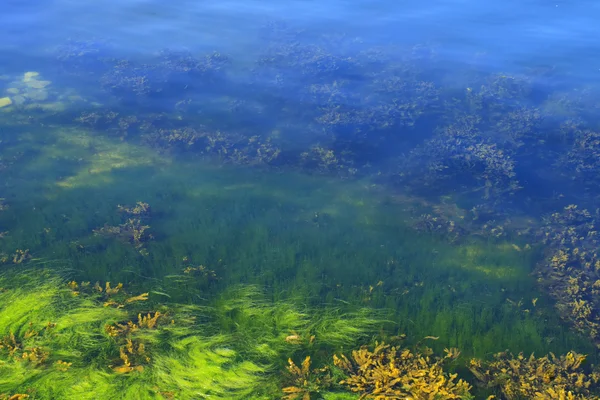
Like land plants, aquatic plants also use chlorophyll to capture sunlight to grow. And clownfish enjoy them as a readily available food source.
Seaweeds are also marine plants that serve as food for clownfish.
Clownfish Eat Other Smaller Aquatic Animals
Clownfish in the wild eat zooplankton, Mysis shrimp, copepods, white worms (enchytraeus albidus), blackworms, brine shrimp, smelt, krill, and different leftovers from the sea anemone. They also eat fish eggs, insect larvae, and small crustaceans.
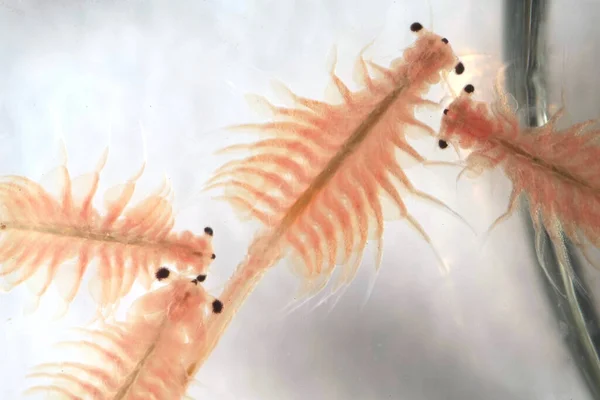
When kept as pets in aquariums and tanks, they will eat all these smaller aquatic animals too.
Clownfish Eat Commercial Fish Food
Clownfish in aquariums also do well with commercial fish food. Flakes marine fish food is one of the many commercial alternatives food sources that clownfish will do well with.
But it would be best to mix these commercial foods with love foods. Live foods tend to help them develop natural survival instincts for getting food.
Clownfish Eat Their Eggs
In real life, it is clownfish that eat their own eggs. The smaller fish is usually the male clownfish, and the larger fish is the female clownfish.
They stay faithful to each other and pick a spot together for laying the eggs.
Male clownfish are saddled with cleaning, preparing the location, and taking care of the eggs. Their method of taking care of the eggs is fanning them with their fins and using their mouth to get rid of algae. The male clownfish does all of these as he watches over the eggs closely.
But they have no parental instinct whatsoever. Although they protect the eggs before they hatch, but will eat some of their babies in the fry stage after they hatch.
Related: How Many Eggs Do Clownfish Lay When Spawning?
What Predators Do Clownfish Have?
Large species of eels, sharks and other giant fish are the main predators of clownfish. But humans disturb them the most.
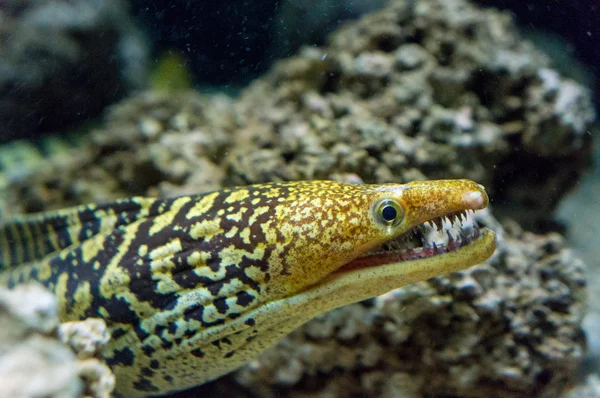
However, clownfish have a defensive mechanism against predators. They have a symbiotic relationship (mutualism) with sea anemones. Clownfish can withstand the stinging tentacles of the sea anemones, and they use them as protection against predators.
In return, clownfish help rid anemones of parasites, circulate water around anemones, and provide a source of nitrogen for regeneration and growth.
Final Thoughts
While in Finding Nemo, the giant barracuda ate the mother clownfish and all her eggs except the only surviving egg, which turned out to be Nemo, clownfish are rarely eaten by barracuda.
Barracudas usually eat both bigger fish and small fish sometimes, but they will not eat fish eggs and rarely even come across clon fish, let alone eat them.
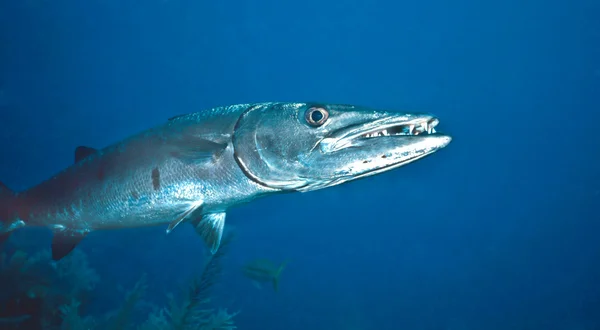
But if you have a large tank with barracudas in it, and you want to put a few clownfish and some anemones to spice things up, there is no guarantee your clownfish won’t suffer giant barracuda attacks.
Remember that the reason they don’t eat clownfish in the wild does not apply to your large fish tank. There is no depth difference of 100 feet in your aquarium, and the typical barracuda preys are absent. So there is a great chance they might snack on your clownfish.
Related Reading:

